What should I do if bitten by a tick
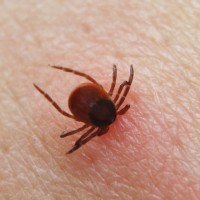
Mites (Latin Acari) - a subclass of arthropods from the class of arachnids (Arachnida). The most numerous group in the class: now more than 54 thousand species are described, including 144 fossils. Such a heyday of ticks was achieved due to the fact that in their historical development they acquired microscopically small sizes, which enabled them to master the upper layers of the soil, rich in decaying plant remains. The section of zoology studying mites is called acarology.
Ticks are carriers of many diseases, including tick-borne encephalitis, tick-borne borreliosis (Lyme disease), rickettsiosis and other infections. Found a sucking mite - remove it as soon as possible! To tighten with removal it is impossible. The longer the mite drinks blood, the more infection will enter the body.
What threatens the tick bite?
Even if the tick bite was short-lived, the risk of infection with tick-borne infections is not excluded.
The tick can be a source of quite a large number of diseases, so if you remove the tick, save it for research on infection with tick-borne infections (tick-borne encephalitis, tick-borne borreliosis (Lyme disease), if there is a possibility for other infections), usually it can be done in an infectious disease hospital, Our site for a number of cities has the addresses of laboratories.
Ticks should be placed in a small glass bottle together with a piece of cotton wool slightly moistened with water. Be sure to close the bottle with a tight lid and store it in the refrigerator. For microscopic diagnosis, the tick must be delivered to the laboratory alive. Even specific fragments of the tick are suitable for PCR diagnostics. However, the latter method is not widely used even in large cities.
It should be understood that the presence of infection in the tick does not mean that a person will get sick. Analysis of the tick is needed for calmness in case of a negative result and vigilance - in the case of a positive.
The surest way to determine the presence of a disease is to take a blood test. To hand over blood right after a tick bite it is not necessary - analyzes will not show anything. No earlier than 10 days, blood can be tested for tick-borne encephalitis and borreliosis by PCR. Two weeks after the tick bite for antibodies (IgM) against tick-borne encephalitis virus. On antibodies (IgM) to borrelia (tick-borne borreliosis) - in a month.
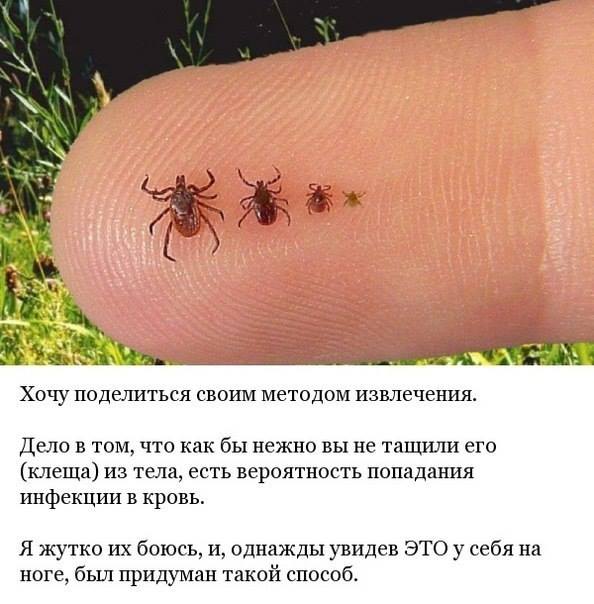
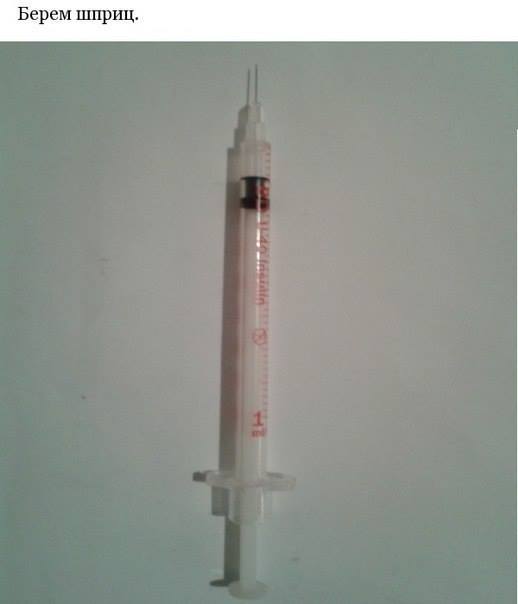
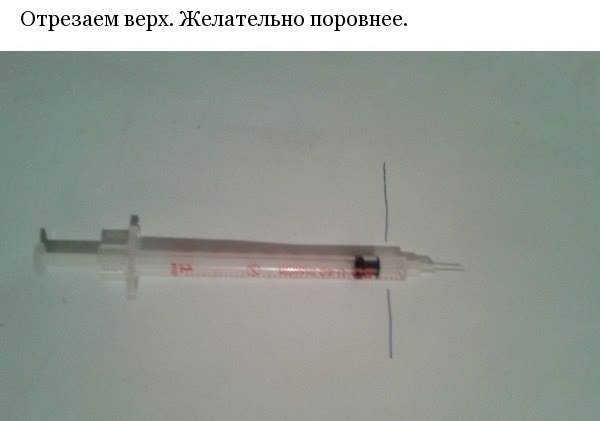
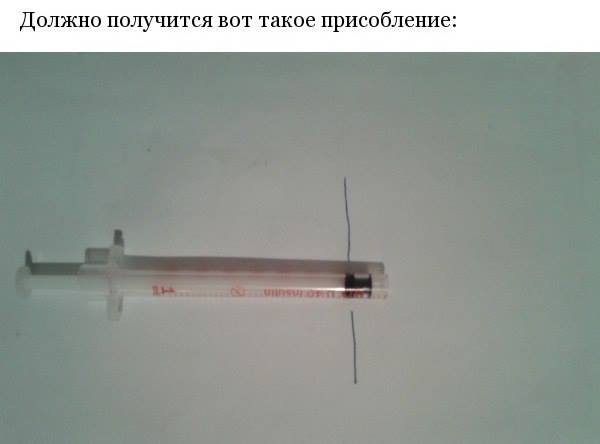
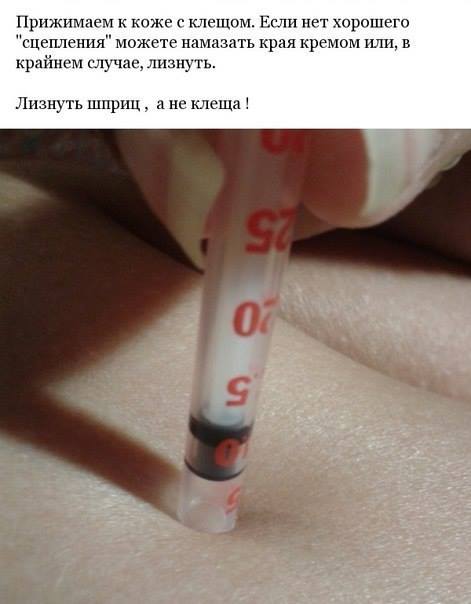



Comments
Commenting on, remember that the content and tone of your message can hurt the feelings of real people, show respect and tolerance to your interlocutors even if you do not share their opinion, your behavior in the conditions of freedom of expression and anonymity provided by the Internet, changes Not only virtual, but also the real world. All comments are hidden from the index, spam is controlled.